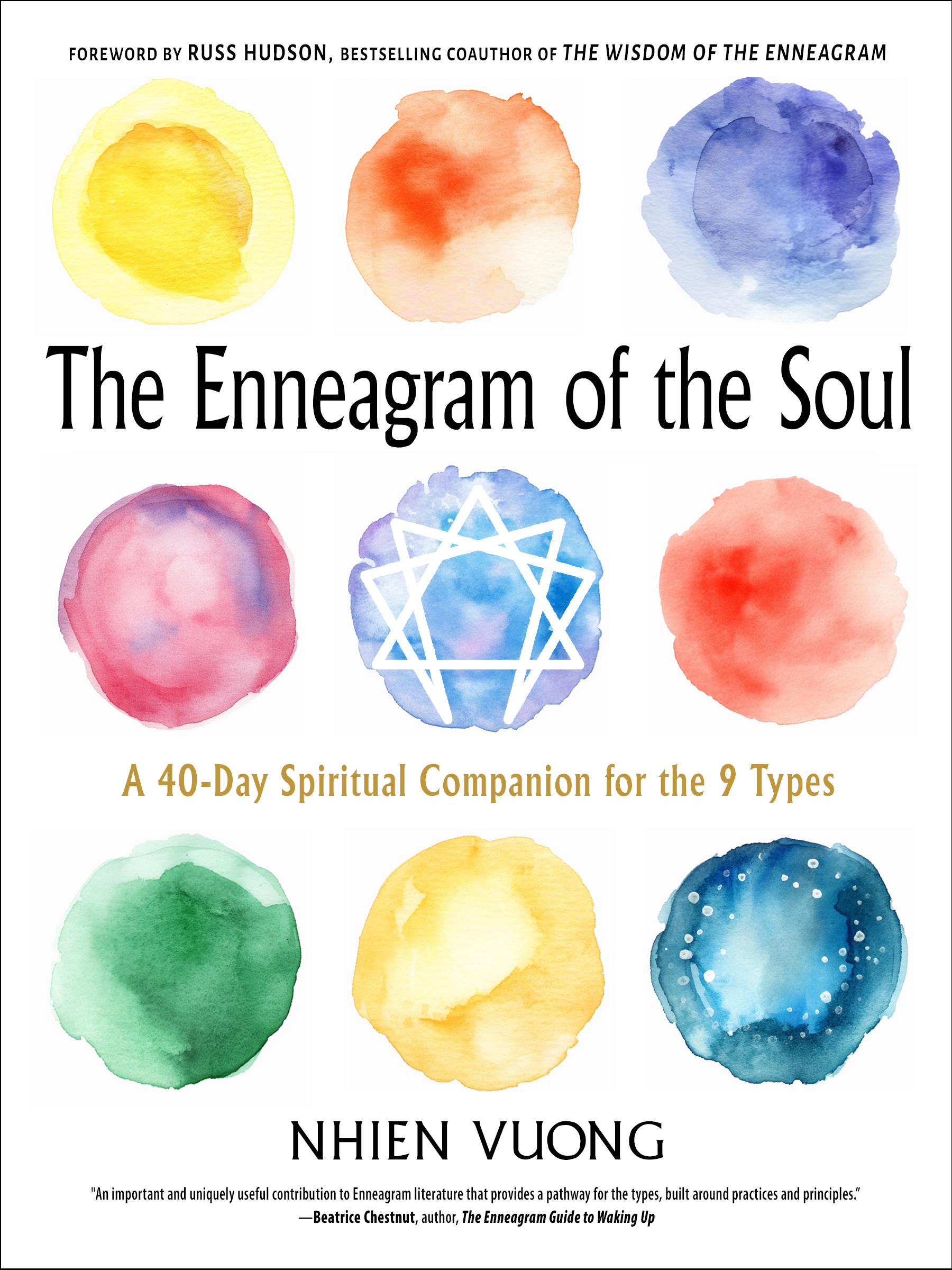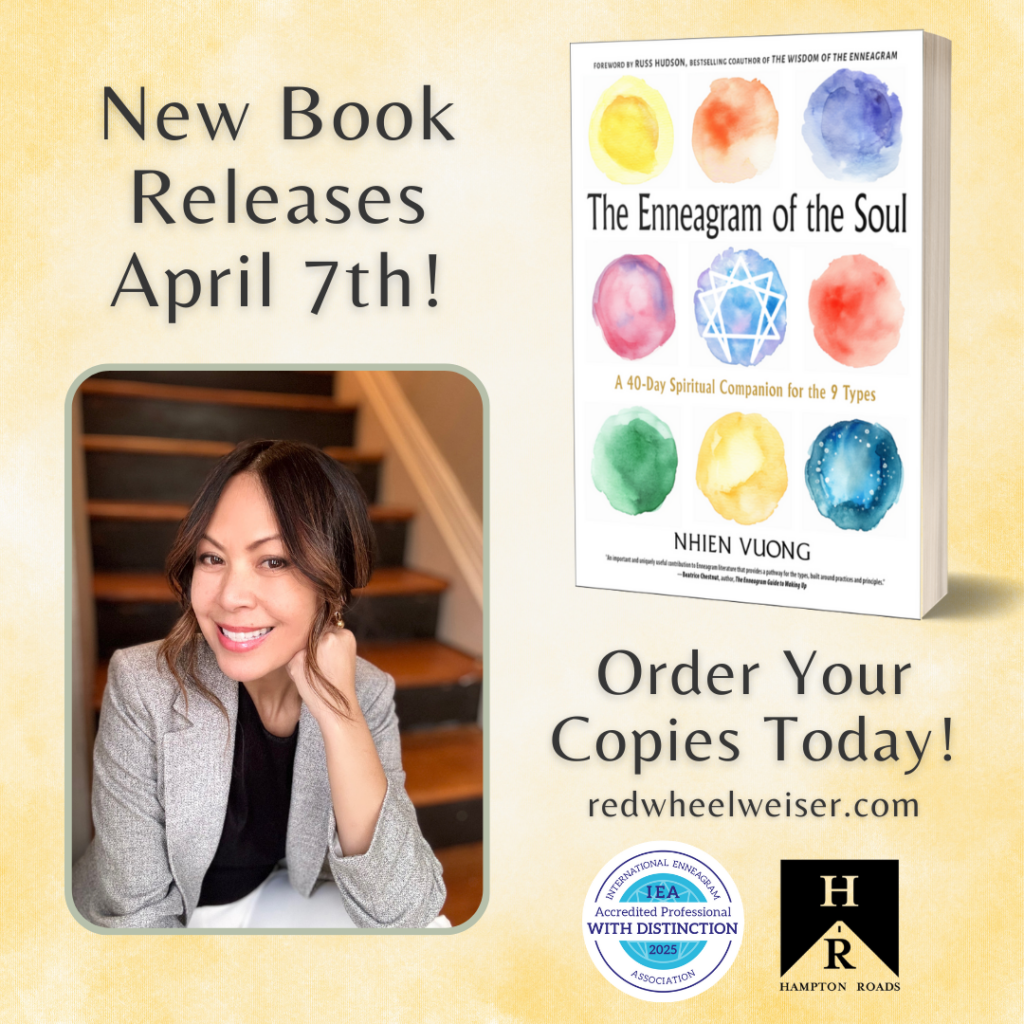Freedom from Your Inner Critic


The inner critic is the voice that tends to shame and blame us into acting one way and not another. It might tell us to be strong—“don’t be a wuss,” “don’t cry.” It might berate us incessantly for an error we made at work. It might call us names like stupid, idiot, or fool. It might try to shame us into staying in an unhealthy relationship because, it tells us, we’re not worthy of a better one. Or it might sabotage our attempts at intimacy because it says we’re better on our own anyway. (These are just a few examples.)
The inner critic is not a monster, but it can still show up in monstrous ways in its inexpert attempts to protect you from harm. Don’t demonize it, but don’t let this scared part of you govern your life actions and decisions. Practice observing it with gentle compassion. Notice how it is trying to be helpful but is misguided in its approaches—and how it often keeps you from living more honestly and fully.
The following activation addresses how you might start to compassionately observe your own inner critic, which tends to have various nuances to its voice depending on your Ennea-type.
Activation by Type
e1: Your inner critic wasn’t designed to be satisfied. After all, its primary purpose is to find and correct errors. Attempting to fashion your day around trying to please or placate this inner critic is therefore a futile and even self-harming endeavor. Recognizing this is the beginning of greater spiritual freedom.
Ask yourself: What if I didn’t really need the inner critic’s observations and advice to show up well? What if I listened to the gentler voice of love in me instead?
e2: Your inner critic doesn’t know what love truly is. It tells you that your ability to meet others’ needs is what makes you loved and lovable, when what it really does is cause you to feel resentful and desperately starved of care. Recognizing this is the beginning of greater spiritual freedom.
Ask yourself: What if I was able to be less dependable in relation to others and more reliable when it comes to showing up for myself? What if that which my inner critic thinks is “selfish” is really just basic self-compassion and self-love?
e3: Your inner critic thinks you’re not a good gauge of your own value. It nudges you to persistently solicit feedback from others. Then if you dare to think you do have worth, it coaches you to think bigger and will spout off the endless litany of hurdles it has charted for you to finally prove it. Recognizing that your inner critic’s job is to move the goalpost is the beginning of greater spiritual freedom.
Ask yourself: What if my worth was not found at the finish line but, rather, given at the starting point of my life? What if my only real objective is to be the most authentic me?
e4: Your inner critic’s job is to make sure you never feel like you quite fit in. It acts as if it’s making an honest, objective comparison of you with others but has already judged you as being less-than and always falling short. Your inner critic pretends to soothe you with bedtime stories filled with suffering and shame, which haunt your days. Recognizing all this is the beginning of greater spiritual freedom.
Ask yourself: What if my existence is incomparably magnificent? What if my joy is more authentic than my pain?
e5: Your inner critic thinks you’re better off alone. It is easier to convince your mind of this than to justify it to your heart, so it locks your heart up in the basement and hardly ever checks to see if it’s okay. Your inner critic tries not only to keep you feeling separate from others but also from parts of yourself, telling you you’re better off this way. Recognizing the ways your inner critic is trying to keep you safe is the beginning of greater spiritual freedom.
Ask yourself: If I cultivated body and heart awareness as well as intellectual understanding and if I let all three parts guide me, how differently would I live? Would I engage with the world more often and more fully?
e6: Your inner critic tells you not to trust anything or anyone completely and then attacks you for being chronically anxious, second-guessing, and afraid. Its mixed messages are a way it keeps you on your toes, which is how it thinks you’re best protected from life’s imminent, underlying dangers. Recognizing that cultivating inner confusion is part of your inner critic’s protective strategy is your gateway to experiencing greater spiritual freedom.
Ask yourself: What if I let myself trust just one thing fully—and that is my own inner wisdom and judgment?
e7: Your inner critic gets highly anxious and irritable if you make any choices that might narrow your path or slow you down. Behind its surface annoyance is a deep fear that if you slowed down, then past grief or hurt would catch up to you (and your inner critic’s frantic efforts to save you from pain will be for naught). Recognizing this is the beginning of greater spiritual freedom.
Ask yourself: What if I’ve been running on empty without realizing it? What if slowing down is ultimately the path to happiness beyond my wildest imagination?
e8: Your inner critic pushes you to act strongly and boldly in the world but treats you as if you’re an emotional weakling inside. It thinks by shaming and hiding your tenderness, it can protect you at all costs from hurt, betrayal, or rejection. It doesn’t want to risk letting someone else have influence, much less control over you, lest you end up feeling wounded, or like a victim in some way. Recognizing this is the beginning of greater spiritual freedom.
Ask yourself: What if even the softest parts of me are stronger than I think? What if they didn’t need the inner critic as their guard dog?
e9: Your inner critic tries to keep you safe by cautioning you to stay unseen and unheard; never expressing strong feelings or opinions or making waves in any way. It tells you that your views do not matter, and your contributions aren’t important anyway—so why bother? Your inner critic thinks you’re better off believing this story than risking showing up in the world and having your deepest fears of insignificance proven right. Recognizing this self-protective censorship is the beginning of greater spiritual freedom.
Ask yourself: What if I found that in speaking up more, I do matter—not just to others but to myself? What if, when I show up more fully, my life starts to matter more to me?
Reflect: What happens when you use your Inner Observer (Practice 3) to compassionately witness your inner critic? Do you find you have more choice in responding rather than reacting to the critic’s storyline? Explain.
This piece is adapted and reprinted with permission from Hampton Roads Publishing, The Enneagram of the Soul by Nhien Vuong, available wherever books and ebooks are sold or directly from the publisher at www.redwheelweiser.com or 800-423-7087.
Rev. Nhien Vuong, JD, MDiv, is an international speaker, writer, retreat leader, and spiritual mentor to individuals and communities of diverse faith backgrounds around the world. An ordained interspiritual Unity minister, internationally accredited Enneagram professional with distinction and Certified Enneagram practitioner, Nhien holds a Juris Doctor from Stanford Law School, a Masters of Divinity from Unity Institute & Seminary, and a Bachelor of Arts in Philosophy from the University of California Irvine. A published poet and writer, Nhien is the author of The Enneagram of the Soul: A 40-Day Spiritual Companion for the 9 Types and the founder of Evolving Enneagram, an interspiritual hub for individuals seeking Enneagram-informed contemplation and transformation as a way of life. She regularly offers scholarships for Evolving Enneagram’s many transformational programs and donates her time to various nonprofits and the incarcerated. Her extensive experience in pastoral care, community building, and conflict resolution help to foster a world where everyone belongs.
Find Nhien’s work and upcoming offerings here:
Follow Nhien’s work here:
YouTube: https://www.youtube.com/@evolvingenneagram
Instagram: https://www.instagram.com/evolvingenneagram/
Facebook: https://www.facebook.com/EvolvingEnneagram
LinkedIn: https://www.linkedin.com/in/nhienvuong/

